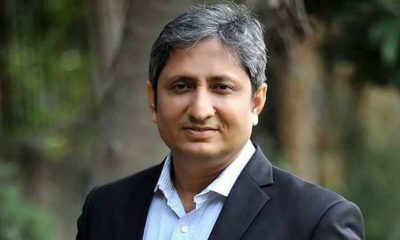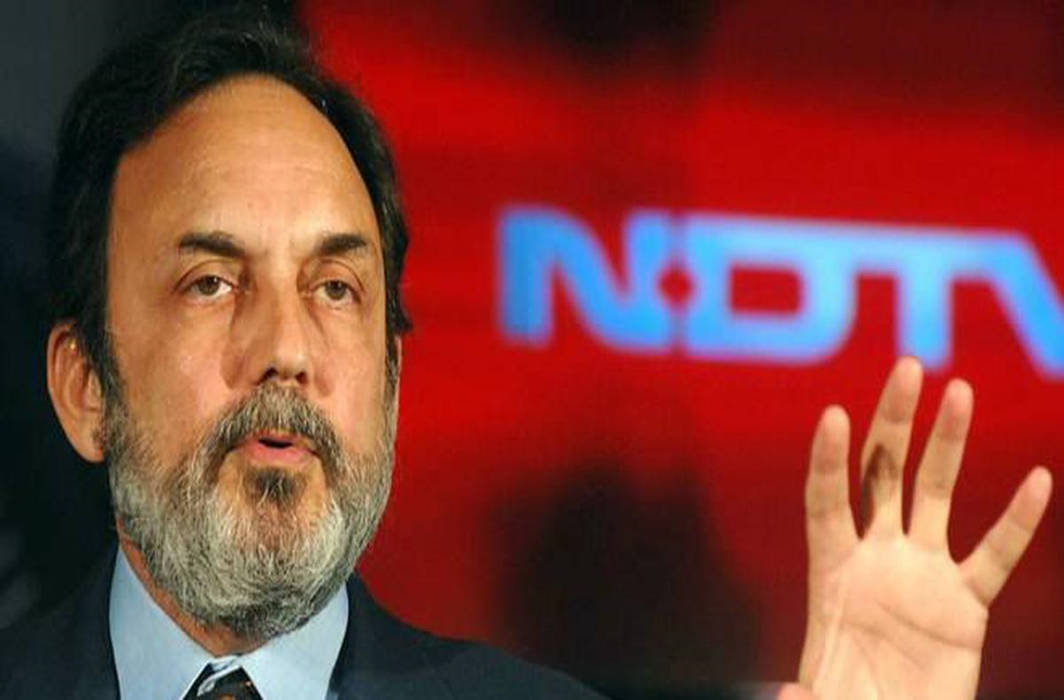Latest Art & Culture
Bigwigs behind bars
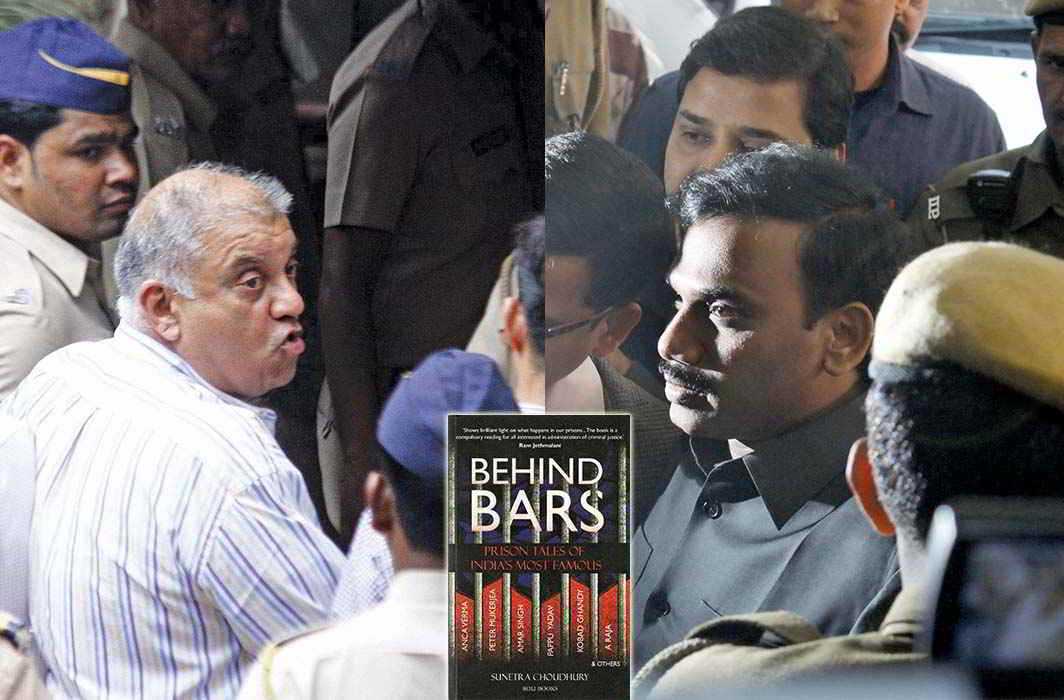
[vc_row][vc_column][vc_column_text]These movers and shakers of the country have spent lives of glitz and glamour, rubbing shoulders with others in similar positions of power. But they have also experienced hellish conditions in Indian prisons. Sleeping on floor, eating prison food and surviving on meager monthly expenses, they have been there, done that. NDTV journalist Sunetra Choudhury, in a one-of-its-kind book, has brought to us their life behind bars. Extracts:
THE RAJA WHO WAS BANISHED
A Raja, former telecom minister, arrested for his role in the 2G scam
The jail experience of a regular inmate and a VIP is never comparable. Ward Number 9 in which he (Raja) was staying was the very same one that Indira Gandhi was also kept in 1978. There were only five cells in that ward and a separate kitchen to cater to them. Each cell had two rooms, one sitting room and one bedroom. The bedroom had an attached bathroom with shower, washbasin and a mirror. The other occupants of this plush setting included Subrata Roy or Saharasri and a former minister from Haryana, Gopal Kanda. Of course, Subrata Roy also spent some of the time in a special jail which was the old court complex of Tihar. The complex had been converted into meeting rooms and conference rooms for Roy and his associates to conduct their business, and that was with the permission of the Supreme Court. Of course, the fact that these meeting and conference rooms were air-conditioned and had a telephone connection and internet facilities, caused a lot of heartburn among all the other high-profile inmates.
Raja may not have had the court-sanctioned digs that Saharasri enjoyed, but he too had the entire jail staff at his beck and call. The only luxury they couldn’t have was an air-conditioner in their cells, but as Raja was a high-security prisoner, he could spend his day in the jail superintendent’s office which was air-conditioned. At any rate, their cells were privy to the luxury of a cooler. According to their security assessment, the 1.76 lakh crore tag meant that some common criminal could attack him in jail, and so if he needed to go around jail, he needed security. So they preferred him sitting in the superintendent’s office. If others were woken up at 5 a.m. and were served breakfast at 6.30 a.m., Raja had a jail orderly asking what they could get him from the canteen.
‘Only non-vegetarian food wasn’t allowed, but the food was delicious and we also had sweets and nariyal paani (coconut water)… from the canteen. Every day, someone would come and ask: “Sir, what would you like today?”’
Even if he ventured towards the library, Raja would have about five policemen following him. That is why the DG of Prisons and other officials gave him the provision to get all the 2G documents in his own cell. Not just that, he could also have the other 2G accused come into his cell, so that they could all work on it. Now, if you want to know why that is a big deal, you have to remember that when the CBI filed the charge sheet in court, they had to bring in seven trunk-loads of paper. So the jail permission meant that a rickshaw had to make several trips to jail to carry all the papers that were needed for these accused. And they were all stacked up along the corridors of their cells.
‘You have to understand. If they threw the jail book at me, then each and every paper would have to be cleared by the jail authorities, but they were very kind. I also never asked for unreasonable things, but this allowed us all to work together on the case even from inside.’
There was one allowance that Raja got in jail that he appreciated above all. In 2011, his daughter was a 13-year-old student at Mater Dei Convent. If there’s one person who was severely affected by his incarceration, it was she, because of the media’s incessant reporting about his case. Her school performance was severely affected, and from being a student who always got above 85 per cent, her marks dropped significantly.
It was at that time that the Tihar Jail officials relaxed all mulakat rules for her. They allowed Mayuri to visit her father at whatever time she liked after school and on any given day. The superintendent of police would give them space in his office to talk. The regular Tihar visitors would otherwise be waiting for their weekly meetings, which would take place over a glass partition with the help of headphones. Raja was grateful for these VIP allowances.
‘I am also grateful to the teachers of Mater Dei. They kept encouraging my daughter and telling her that this was a part of politics and that I would come out of it soon. They issued instructions to everyone in school that no one would say anything about me…’
Whether it is shepherding by the staff of the school or good fortune, Mayuri is now a confident student of law, just like her father.
THE CEO IN JAIL
Peter Mukerjea, media baron, accused in the Sheena Bora murder case
There are good days and bad days in captivity for all. On a good day… your bail application seems to have had a positive hearing from the judge. That same feeling doesn’t look so good when the hearing is adjourned and postponed weeks later, on a flimsy excuse. These ups and downs are captured in Peter Mukerjea’s notes from jail.
On 28 September 2016, here’s how he describes being in jail: ‘It’s like being in a spa—what can I say? No alcohol, no cigarettes, early to bed, early to rise, exercise for a couple of hours, lots of reading, plenty of time to think, no junk food—all very healthy. I’ve lost a few kilos—which is no bad thing and as I’m indoors most of the day, I don’t get too much sunlight so my skin has improved.’
But the mood is totally different just a month later in his note on 24 October: ‘Lock-up or jail is no “spa”. That was a tongue-in-cheek comment and I hope you understood that. My day in the outside world was again a normal routine—which included gym, exercise, catching up with friends, occasional golf, TV and catching up on my housekeeping details. All of the above are what I’m unable to do now. So it’s miserable, not fun and although it’s an experience, it’s not one that I would recommend to anyone. It’s pathetic. Jails are overcrowded and far from being a reform centre, they’re a grim reality check on life.’
The fluctuation of mood is not surprising. From being on the power list of business magazines, he was down to being on the criminal roll call at Arthur Road Jail. He was sleeping on the floor, next to strange people, with odd routine, barely a change of clothes. There were small mercies though like a permission from court to eat home food, which meant he still got fish to eat (‘it’s a diet designed to nourish than to be enjoyable!’). But as another Star News colleague Vidya wrote in a piece, in jail Peter was at the mercy of the whims of junior police officials. Despite the allowance from court for his meals, Vidya once caught the lockup police refusing to let him eat, insisting that he had to leave for Arthur Road Jail. That day, he went from pleading the police to the CBI officer to an absent judge, but he couldn’t get his lunch. That was one of the times he realized what a great leveller jail can be.
So what does a millionaire CEO learn in jail? Maybe, it’s about the lessons of simplicity, of enjoying the basics; in the midst of despair, finding someone to talk to and being appreciated. Sometimes Peter Mukerjea comes across as chatty and full of anecdotes, at others he says, ‘What happens in Rio, stays in Rio’.
Speaking of his ‘fellow-travellers’, Peter says: ‘We share experiences, laugh and try and make the most of the learnings, each of us have had. I’ve made some useful contacts and they’re mostly people I’d never have had the opportunity to meet, had I not been a guest of the “Govt of India” so I’m glad for that and it will make me a more circumspect person as a result. Some are incredibly rich and some incredibly poor and if I can, I will try and help those worse off than me. Everyone here has a common goal—to get out and not have to come back—so staying on the right side of the law is very important for most people I’ve met…. How long these new acquaintances last is something for the future, although it’s true to say that being in jail gives you a good understanding and realization of who your real friends are ….’
If there’s one thing any jail teaches a white collar man, it’s how to make do on an impossible budget. It’s one of the first things that Peter says he learnt. ‘The economy within the jail is unique given there’s no cash—but a really effective barter system seems to work. Home-cooked food is a rarity and is therefore a prized possession for those that have it…. Necessity being the mother of… is a well trodden path here and adaptability and innovation is phenomenal. I get a monthly spending allowance of a princely sum of 2,500 rupees, which I get each month from home by money order and which is credited to my ‘tuck-shop’ account and I get to buy goodies with that—biscuits, nuts, mineral water and such like, but making that last the month is an incredible challenge. So when I get out, I’m going to look forward to existing on a pocket money of 2,500 per month and make do just fine.’
(Behind Bars: Prison Tales of India’s Most Famous, 266 pages, is authored by Sunetra Choudhury, published by Roli Books and priced at Rs 395)[/vc_column_text][/vc_column][/vc_row]
Entertainment
Yashraj Mukhate collaborates with Amit Trivedi for Mann Dhaaga song
In a post circulating on Instagram Yashraj Mukhate talks about his experience of listening to Amit Trivedi’s music and recalls how he had always dreamt of collaborating with Amit Trivedi. He said his dream came true 2 years later in 2024 where he collaborated with Trivedi on the song Mann Dhaaga.
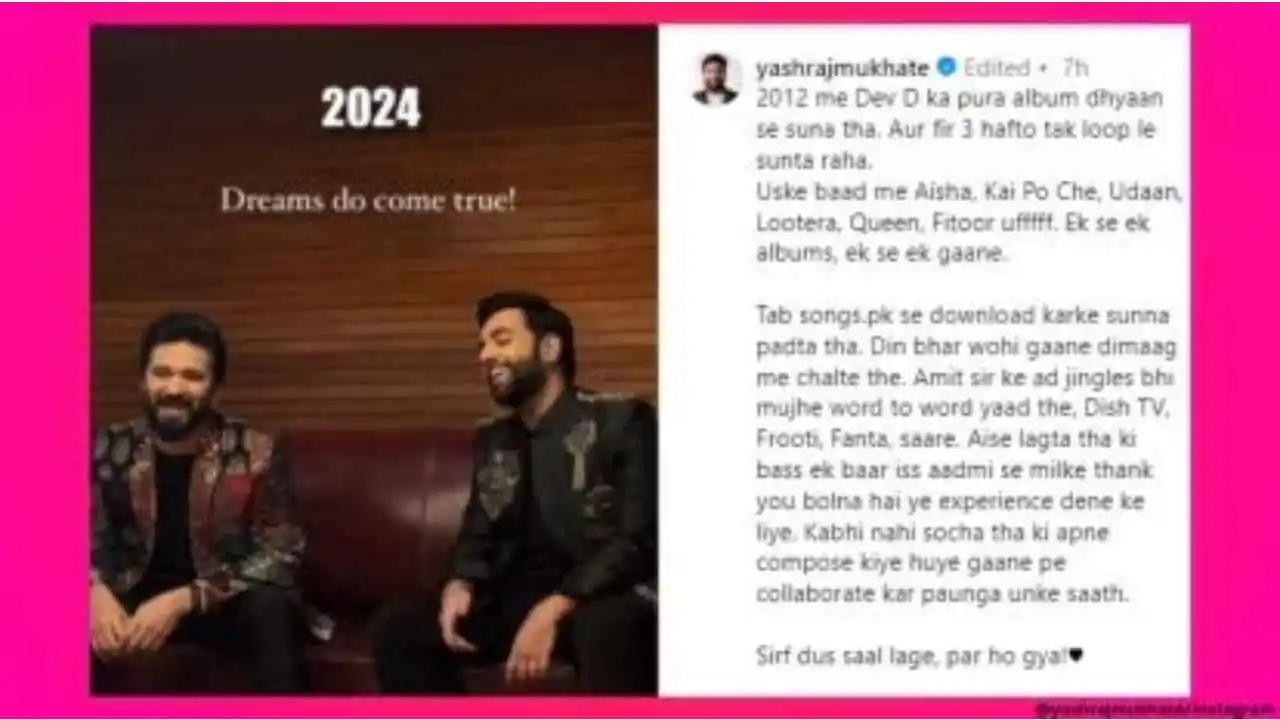
Amit Trivedi is known for his soulful compositions which weave profound lyrics, captivating music lovers. His songs spark a deep desire in aspiring artists to collaborate with him. Music producer and You Tuber Yashraj Mukhate had immense admiration for Trivedi’s artistry. In a post circulating on Instagram Yashraj Mukhate talks about his experience of listening to Amit Trivedi’s music and recalls how he had always dreamt of collaborating with Amit Trivedi.
He said his dream came true 2 years later in 2024 where he collaborated with Trivedi on the song Mann Dhaaga. He wrote that he had been listening to the entire Dev D Album carefully in 2012. And he kept listening to it on loop for 3 weeks. He continued to listen to Amit Trivedi compositions in Aisha, Kai Po Che, Udaan, Lootera, Queen, Fitoor continuously. He said he could not stop himself and became a big fan of the music director. He said he started dreaming of meeting his idol one day and collaborating with him.
He recalled that he had to download songs from songs.pk and listen to them. He said the songs kept running inside his mind all through the day. He added that he even remembered Amit Trivedi’s ad jingles word for Fanta, Frooti, Dish TV and all of them.
Mukhate said he always dreamed of meeting Amit Trivedi and wanted to thank him for giving this experience. The post has gone viral on social media with 96,445 likes till now. Large number of social media user commented on the social media post where one user Parth said the Yashraj Mukhate was truly an inspiration. One user said his dedication had brought him to level. One user said a man should make all his dreams come true by going through one hustle at a time.
Book reviews
The Sattvik Kitchen review: Relook at ancient food practices in modern times
If you are the one looking to embrace healthy food habits without compromising on modern delicacies, then this book is a must read!
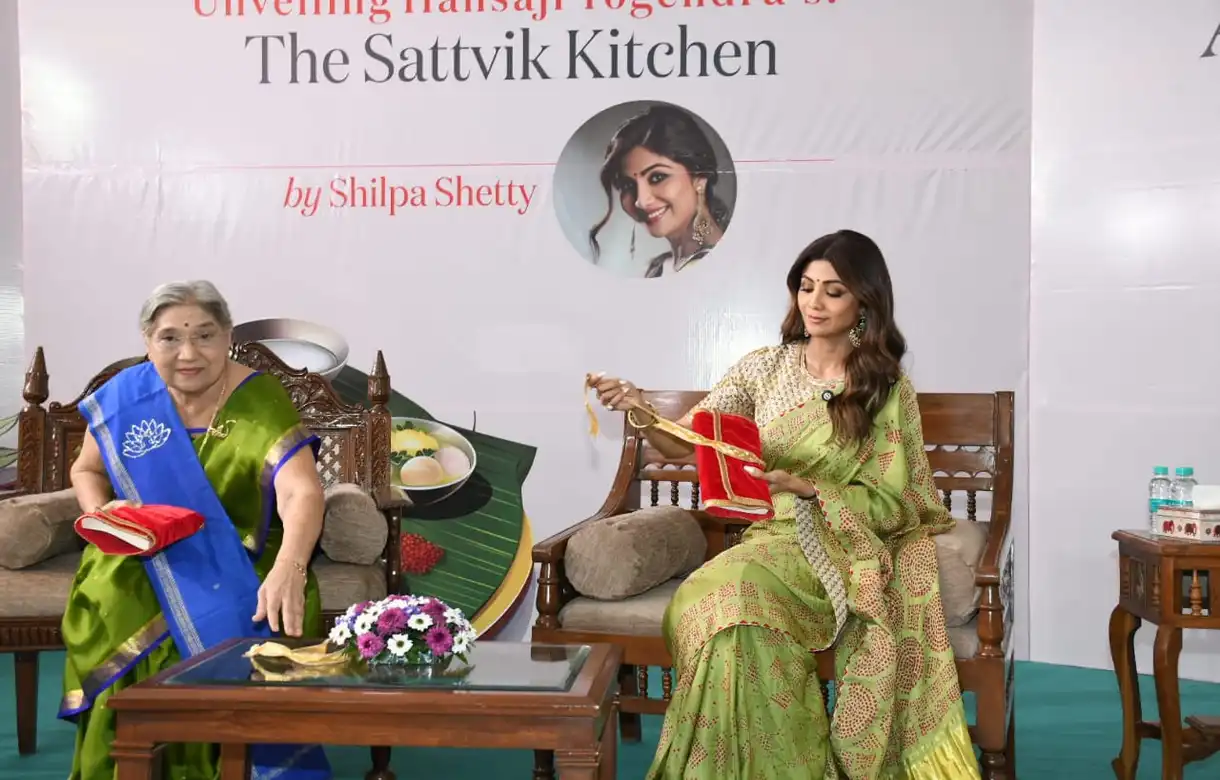
The cacophony of bizarre food combinations across the streets of India has almost taken over the concept of healthy food practices. Amid this, yoga guru Dr Hansaji Yogendra’s The Sattvik Kitchen, published by Rupa, is a forthright work that takes you back to ancient food practices and Ayurveda.
As the subtitle reads, The Art and Science of Healthy Living, the book endows a holistic approach to ayurvedic diet along with modern evidence based nutrition. From Basil-Broccoli Soup to Sprouted Green Gram Salad and Strawberry Oats Smoothie to Mixed Dal Parathas, the book not only provides you with the recipes but also stresses on healthy cooking tips together with nutritional benefits.
Besides, Dr Hansaji Yogendra’s book emphasizes on the traditional methods of food preparation and the advantages of using traditional cookwares like iron and copper vessels. The narrative portrays a balanced approach, knitting traditional wisdom with contemporary scientific understanding.
The author, through her book, sheds light on the principles of Ayurveda and highlights the metamorphic potential of adopting ancient food practices. She explains how our body reacts to food in terms of timing, quantity, manner of consumption and seasonal considerations. The book adeptly reintroduces ancient home remedies tailored to address various contemporary health issues.
Dr Yogendra, in her book, decodes the importance of nutritional knowledge to optimize both immediate and long-term health outcomes. It provides deep insights to understanding the intricate relationship between food choices and overall well-being, weaving Ayurveda with practical perception.
The book not only celebrates food philosophy but also offers a practical view into weight loss, well-being, and the profound impact of dietary choices on both physical and emotional aspects of our lives.
If you are the one looking to embrace healthy food habits without compromising on modern delicacies, then this book is a must read! The book is a roadmap to navigate the challenges of the modern day kitchens.
Book reviews
The Deccan Powerplay review: Bashing Chandrababu Naidu and his legacy
Amar Devulapalli’s book The Deccan Powerplay cornersthe TDP strongman with every petty incident exaggerated a la Baahubali
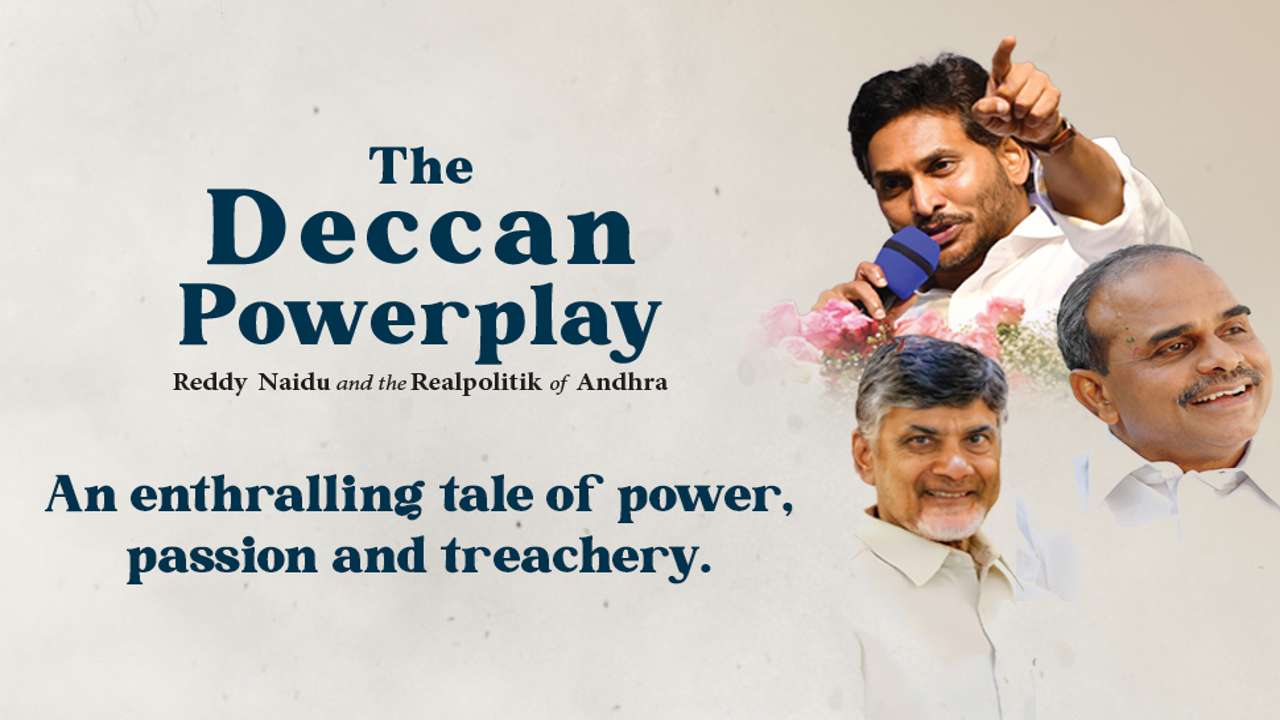
Mike Marqusee’s War Minus The Shooting is a seminal book on cricket and its influence on culture and politics in the Indian sub-continent during the 1996 Cricket World Cup. Amar Devulapalli’s book The Deccan Powerplay, published by Rupa, sounds like a similar exercise with its clear subtitle, “Reddy, Naidu and the Realpolitik of Andhra Pradesh“. The ambitious sounding subtitle crumbles under the weight of belied expectations of a scholarly treatise on the political interplay between the Reddys, the Kammas and the erstwhile united Andhra Pradesh. One can blame it on one’s own hopes and excuse the author of the lapse since the book has just three people to discuss: YS Rajsekhara Reddy, N. Chandrababu Naidu and Y.S. Jagan Mohan Reddy.
The chief protagonists here are YSR and his son, the incumbent Chief Minister of bifurcated Andhra Pradesh, Jagan Mohan Reddy. The lone villain, and one crafty as a fox if ever there was one, is Chandrababu Naidu. The book devotes a chapter to the corruption cases against Naidu, for which he was arrested in September 2023.
In crafting the narrative, the other heavyweights of Telugu country are discussed in passing, as peripheral players. N.T. Rama Rao does get the starring role, as befits the Telugu star of yesteryear and the founder of the Telugu Desam Party. But even this is fleeting. The Congress, which ruled the state till bifurcation, is portrayed as a faction-infested animal — so what if YSR stayed in the party both as loyal soldier as well as a seasoned yet dynamic general?
The book sets out to demolish the halo surrounding Naidu as the man who brought Information Technology majors to Hyderabad, nay Cyberabad, by beating Bengaluru. His breaking with NTR is depicted as a shrewd, calculated gambit to displace the TDP founder, who was also his father-in-law.
The book is replete with this and more Naidu nitpicking. Naidu took no bullshit from politicians or journalists. He gave it back to the scribes when needed, apart from his favourite media groups, one of the reasons they were not very happy kowtowing to him,
as the book suggests. Instead they would make ostentatious bows to any political alternative merely for being less brusque than the now-out-on-bail former CM.
The book picks apart every claim Naidu ever made and portrays him as an opportunist. The problem with this is possibly because Naidu preceded Jagan Mohan as the rump AP’s last CM and had presumably used every trick in his arsenal to discredit the younger contender.
With Assembly elections due this year, this book reads like a party pamphlet and comes across as a political weapon among the undiscerning. An Instagram handle could have been more useful to this end. But for such a grandly-titled book: the anticlimax is swift and painful.
-
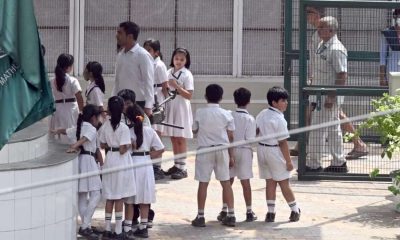
 India News11 hours ago
India News11 hours agoDPS Dwarka, Amity, several other Delhi-NCR schools get bomb threat, Central agencies launch probe
-

 Cricket news10 hours ago
Cricket news10 hours agoK Srikkanth slams Rinku Singh’s exclusion from T20 World Cup squad, says Rinku Singh has been made a scapegoat
-

 Cricket news11 hours ago
Cricket news11 hours agoIPL 2024: Marcus Stoinis scores half century to help Lucknow Super Giants beat Mumbai Indians by 4 wickets
-

 Entertainment10 hours ago
Entertainment10 hours agoKatrina Kaif deepfake video goes viral, social media says it is getting scary
-

 2024 Lok Sabha Elections9 hours ago
2024 Lok Sabha Elections9 hours agoLok Sabha elections 2024: Anupamaa actor Rupali Ganguly joins BJP, says she feels she should also be a part of this Mahayagya
-

 Entertainment4 hours ago
Entertainment4 hours agoPushpa Pushpa: Allu Arjun starrer Pushpa 2 first song released
-

 India News7 hours ago
India News7 hours agoSalman Khan house firing: Accused Anuj Thapan dies by suicide in Mumbai Police custody
-

 Entertainment5 hours ago
Entertainment5 hours agoOn wife Anushka Sharma’s birthday, Virat Kohli says he would’ve been lost without her

